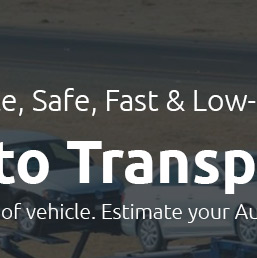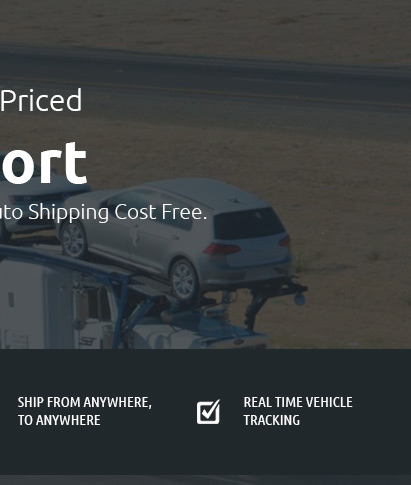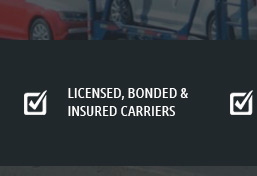 |
|
||||
 |
 |
 |
 |
||
 |
 |
|||||
 |
 |
 |
 |
 |
 |
 |
||
 |
 |
 |
 |
 |
 |
 |
 |
 |
 |
 |
|
 |
Understanding the Cost of Transporting a Car from State to StateIn today's fast-paced world, the need to transport a vehicle across state lines has become increasingly common. Whether you're relocating for a new job, purchasing a car from a distant dealership, or sending a vehicle to a family member, understanding the cost dynamics involved in this process can be quite enlightening. Several factors influence the cost of car transportation, and being aware of these can help you make informed decisions. One might think that transporting a car should be straightforward, but the reality is often more complex, with costs varying widely based on several parameters. First and foremost, distance is a critical factor. As expected, the further you need your car transported, the more it will generally cost. However, it's not simply a linear relationship. Long-distance hauls might benefit from economies of scale, making them less expensive per mile than shorter journeys. Additionally, the route's popularity can impact the price; well-traveled routes might be cheaper due to higher demand and more frequent trips. Type of transport is another significant element to consider. There are two primary methods: open transport and enclosed transport. Open transport, where vehicles are loaded onto an open-air trailer, is more common and generally less expensive. However, if your car is a high-value or classic model, you might prefer enclosed transport for added protection, albeit at a higher cost. The choice between these options depends on your budget and the level of protection you desire for your vehicle. The season during which you choose to transport your car can also affect pricing. Summer months often see higher rates due to increased demand from people moving houses or taking extended vacations. Conversely, winter might offer lower prices, but with potential delays due to inclement weather. Timing your transport during off-peak seasons can be a savvy way to save money if your schedule allows for flexibility.
Another often overlooked but influential factor is the choice of company. Different companies offer varying levels of service, and it's crucial to read reviews, ask for recommendations, and perhaps even negotiate prices. A reputable company might charge a bit more, but the peace of mind from knowing your car is in good hands could be worth the additional cost. It's also wise to be wary of quotes that seem too good to be true; they often are. In conclusion, the cost of transporting a car from state to state is a multifaceted issue with numerous influencing factors. By understanding these elements, you can better anticipate the costs involved and make a decision that best suits your needs and budget. While it's tempting to base your choice solely on price, considering factors such as reliability, timing, and protection can lead to a more satisfactory experience overall. Ultimately, the key is to balance cost with the quality of service, ensuring that your vehicle arrives safely and on time, wherever your journey may take you. https://www.reddit.com/r/TravelNursing/comments/vnambl/has_anyone_had_their_car_shipping_recently_was/
Most of the time it is not worth it. Typical cost of shipping from coast to coast is at least 1500$. Will be cheaper for closer moves; however, expect there to ... https://nexusautotransport.com/ship-car-to-another-state/
The cost of state-to-state car shipping averages between $700 to $1,050 for short distances. For longer car shipping orders of 2000-3000 miles, you could pay ... https://smartautomove.com/maryland-auto-transport-rates-calculator-maryland-md-car-shipping-quotes-price/
50 cents per mile range depending on the price of fuel at the time of shipment, so a 2,500-mile trip will costs roughly about $1,000. Shorter car shipping ...
|
